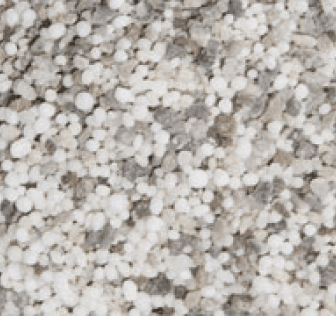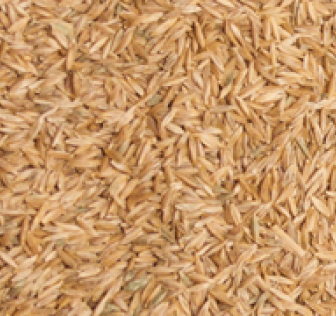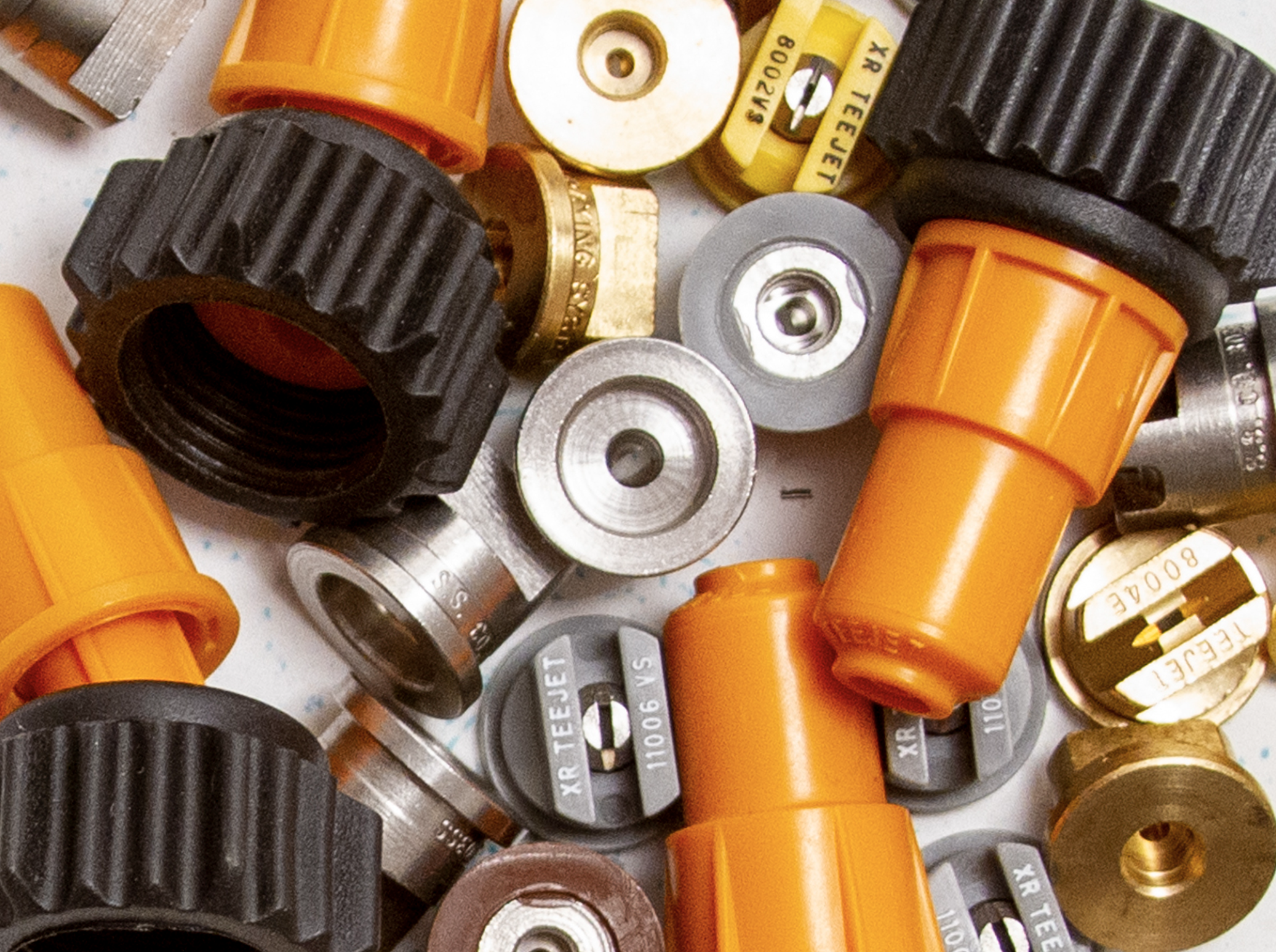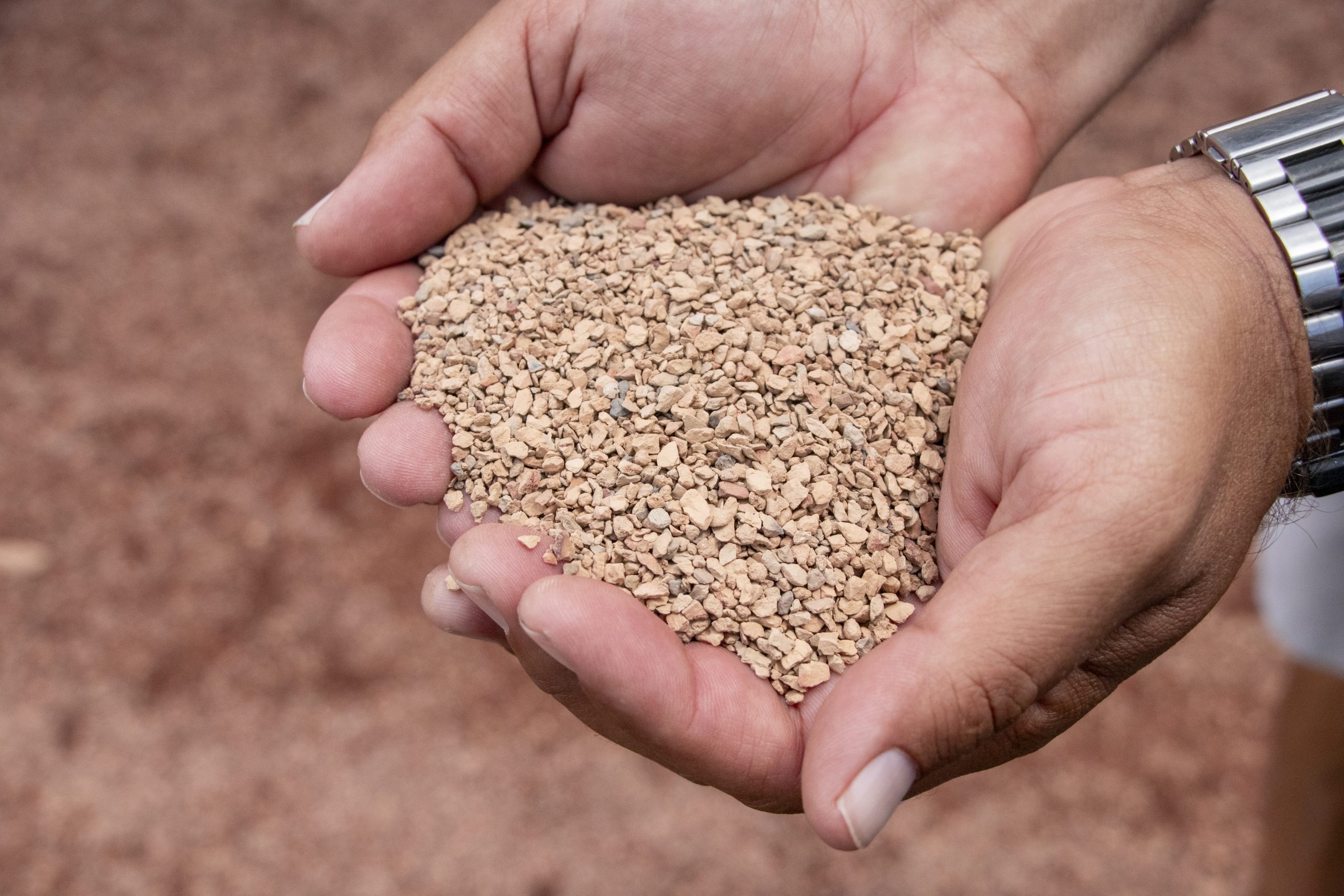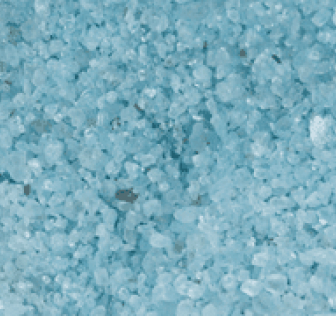Summer in many of our geographies is the time of year when lawn care slows down, we get caught up on rounds that are running behind, and, for the most part, keep advising our homeowners on how to preserve their lawns as summer stress kicks into high gear. Pre-emergents have gone down long ago, broadleaf weeds are well under control, and our focus shifts to grassy weeds and a strong fall finish. In many markets, preventative grub control has become a bit lost in the shuffle over recent years. Homeowners often skip summer rounds if their lawn is non-irrigated or have found that their discretionary income is better spent on preventative or post-emergent weed control, while grub control seems like a luxury option they can skip. With imidacloprid coming under scrutiny nationwide, now is a good time to evaluate your program for the current season, as well as the years ahead.

Merit (Imidacloprid), by Envu
Merit has been the gold standard for grub control since it came to market, but as with all neonicotinoid insecticides, their days on the market are numbered. This is due mainly to damage these products do to pollinators and other beneficial insects. Imidicloprid has been the go-to for most lawn care operators due to its low cost, whether applied as a liquid or as a combo product with fertilizer, typically from mid-June through August. This product should be watered in immediately following application to avoid degradation of the active ingredient by the sun (photodegradation), as well as to move the product into the soil. HydroPak Command is a great penetrant option to pair with liquid Merit applications, aiding in the active ingredient’s penetration into the soil profile. Whether applying via liquid or on a granular fertilizer, be aware that there is a range for application rates. Higher rates should be considered if applications are made earlier in the window or if historical pest pressure or breakthrough has been a problem. Too many times, I see the low rate used to save money, netting less-than-perfect results by mid-September. With the cost of callbacks and breakthroughs higher than ever, sometimes a little extra now can save a lot later.
Other Neonicotinoids
While Merit is the main neonic insecticide garnering most of the attention nationwide, several other options have been used over the years for preventative and curative controls. Aloft and Arena, by Nufarm, both offer liquid or granular options utilizing clothianidin for premium preventative control. Both have post-emergent control available as well, though they’re not as fast at knockdown as the curative options like Envu’s Dylox (trichlorfon) and Sevin (carbaryl). Arena and Aloft are best applied in the same window as Merit, however, many studies have shown that clothianidin offers longer soil residual than Merit, especially when applied at higher label rates. This gives lawn care operators another option to deploy even earlier in the season if needed, by utilizing higher rates than during the best application window (mid-June to August). Arena and Aloft also offer many other pest control benefits such as ant control, European crane fly control, and bluegrass billbug control.
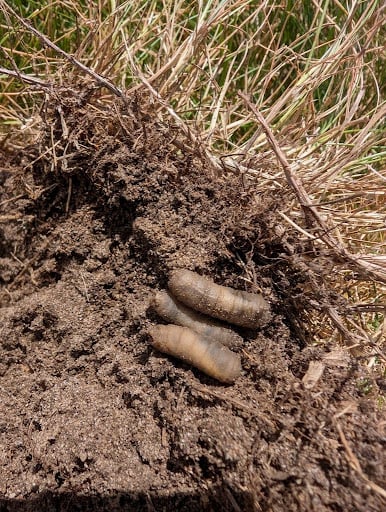
Diamides: Chlorantraniliprole and Tetraniliprole
While diamides are certainly not new to the market, they have been pushed into the forefront for many who are facing neonic restrictions or bans in the years ahead. Chlorantraniliprole entered the market in most regions under the Acelepryn brand and has been a household name for preventative grub control, reducing callbacks to near zero. One of the current drivers of the market shift to chlorantraniliprole has been the extremely low toxicity that this active ingredient poses to bees and beneficial insects, offering safety that other diamides and all neonics can’t offer.
While the Acelepryn brand has become widely known, FMC who owns the chemical’s patent, opted in 2024 to release Durentis Insecticide as a market competitor to Acelepryn. Both offer chlorantraniliprole as the active ingredient, however, FMC has developed a premium formulation for Durentis that mixes well in almost any tank, while also offering a higher concentration in the bottle, covering more acres. Both offer season-long grub control, however, the window for best application would be mid-April to early June. This window is much different than the traditional Merit application window, due to the lower solubility of the active ingredient, which takes 60 to 90 days to reach its best target site in the soil. For those who use combo fertilizer/insecticide options, Acelepryn is currently available on fertilizer, while Durentis has an fertilizer/insecticide application with the EPA that is expected to be approved by late 2024 or early 2025.
If you’ve missed your window for Durentis this season, fret not, as a higher solubility diamide option exists on the market thanks to Envu’s release of Tetrino (tetraniliprole). Tetrino offers a diamide-class chemistry that can be used within the traditional Merit window (mid-June to August) with exceptional results and reduced callbacks. Unlike Durentis, however, pollinator safety is not on this diamide’s label, so take care if damage to beneficial insects is a concern in your area. While diamides offer better safety to photodegradation, water is still needed to place these chemistries into the soil, so work with your clients to help them understand that your applications are only as good as their ability to move them into the soil.
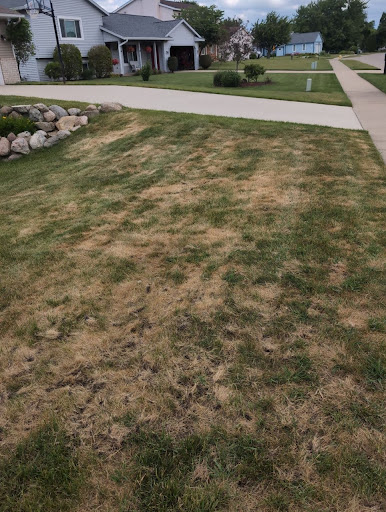
While diamide insecticides offer excellent season-long control, cost has been the largest drawback for many operators looking to add these options to their programs. Work with your local ATS sales rep to understand the cost of any of the above options and determine where cost efficiency and level of control best meet for your organization. Taking advantage of Fall Early Order Programs (EOPs) tend to be the best time to get the best price on these premium insecticide chemistries, so stay tuned for more information on EOP.


